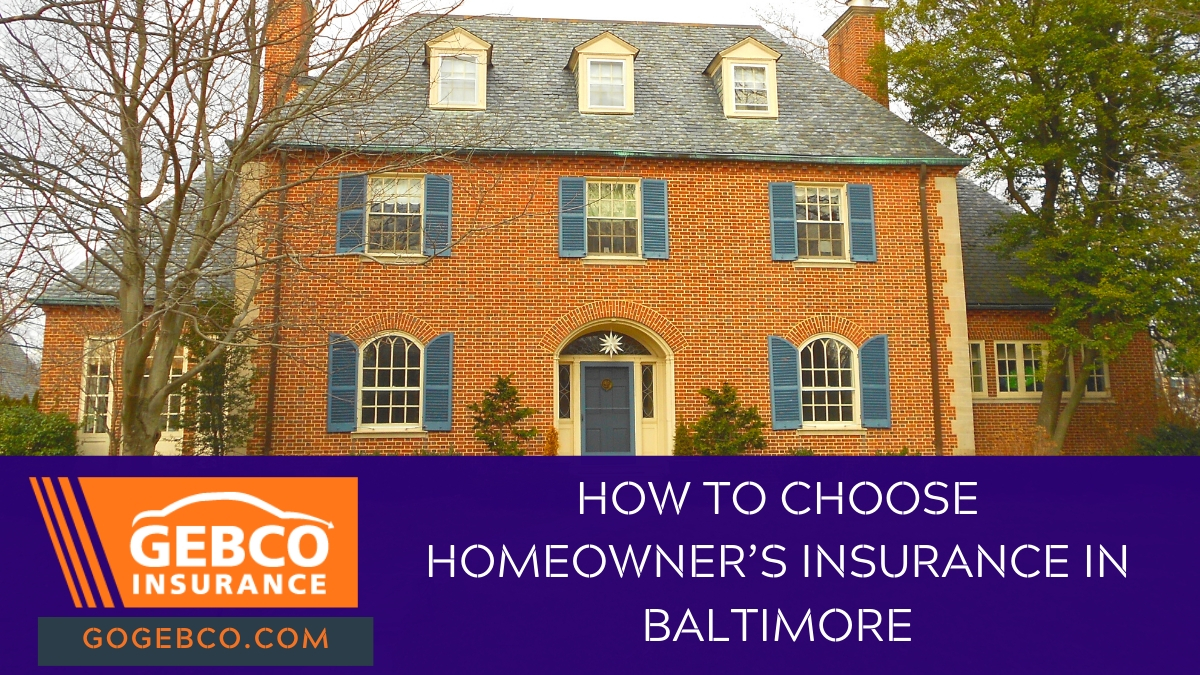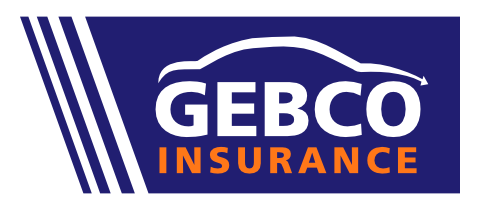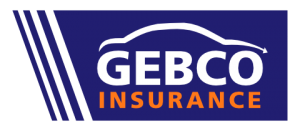
If you own a home in Baltimore or the Washington, D.C. Metro area, you need homeowner’s insurance. If you have a mortgage, your lender probably requires homeowner’s insurance as well as other types of coverage. If your home is paid off, you likely still want to have homeowner’s insurance to protect your financial investments in the case that it is damaged or destroyed, including theft and other losses.
When it comes to choosing the right homeowner’s insurance for your needs, there are many factors in play. How much coverage do you need? What does your lender require you to have? How high of a deductible do you want? Do you need additional coverage for earthquakes or floods?
To help you answer these questions, we collected a few best practices for choosing homeowner’s insurance:
Shop around for homeowner’s insurance
When looking to purchase a homeowner’s insurance policy, it’s best to shop around. Get quotes from multiple companies and then review their coverages, limits, and deductibles.
When you review these quotes, be sure not to just choose the most affordable option. The cheapest policy may not cover your needs or it may require a deductible that isn’t in your budget, so look carefully at these numbers.
Use an independent insurance agent
There are two types of insurance agents: captive agents and independent agents.
Captive agents work for one insurance company and they can only sell one company’s policies. You want to avoid working with captive agents because they can only sell you a limited amount of policies and none of them may be the best deal for your unique needs.
On the other hand, an independent agent is “independent” of any one company and can sell policies offered by different companies. This works in your favor because the independent agent will review a variety of policies from multiple companies in order to find the best deal that meets your needs.
GEBCO agents are “independent,” so they can offer you a variety of policies from multiple companies depending on your needs. This is why you may receive communications from another insurance company in addition to GEBCO. We help you find the best policy, but the other insurance company actually provides the policy.
Bonus: Many independent agents can shop around for you, which saves you time and money.
Calculate your risk tolerance
How tolerant are you of risk? If you can afford the risk and can afford to pay a higher deductible, you may be able to lower your homeowner’s insurance premium.
However, if you aren’t risk-tolerant and cannot afford to pay a high deductible if your home gets damaged, then it’s best to pay a higher premium to transfer the risk to the insurance agency.
What this means: Look at the deductible options in the quotes you received. Do you have that amount in your savings account? If not, look for a lower deductible policy, which will mean a higher premium. A higher monthly premium payment will protect your financial investment if it becomes damaged. It will also help you hold onto your savings, too.
Review the loss history report
When you purchase a house, you should be able to get the loss history report, or claims history report, from the seller. This report will list all claims and losses associated with that home. These losses can show you vulnerabilities in the home or area as well as what was recently replaced and why. These details may impact premiums and recommended coverage add-ons, so it’s important that you review them.
Learn what coverage you need
Homeowner’s insurance policies generally cover six types of coverage:
- Dwelling – Helps cover rebuilding and repair expenses if your home is structurally damaged
- Other structures – Helps cover other structures that are not attached to your home, such as a shed or garage, if they are damaged
- Personal property – Helps protect your belongings
- Additional living expenses – Helps pay for expenses to temporarily relocate your family (e.g. at a hotel) while your home is being repaired or rebuilt in the event that it is damaged or destroyed
- Liability – Helps cover the expenses in the event that a guest is injured at your home and you need to pay medical or legal expenses
- Medical payments – Helps cover the expenses if someone is injured at your home, regardless of who’s at fault
However, you may need additional coverage based on location and needs, such as flood insurance, earthquake insurance, or sewer and drain backup coverage.
Ask a GEBCO insurance agent
We have provided the best insurance coverage in the Baltimore and D.C. area since 1971, so we know what coverage you need. We discuss your insurance needs and can shop around at multiple insurance companies to get you the best deal.


